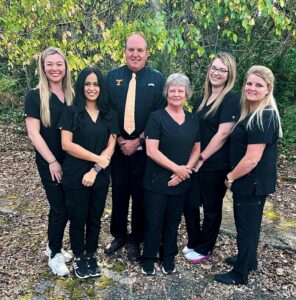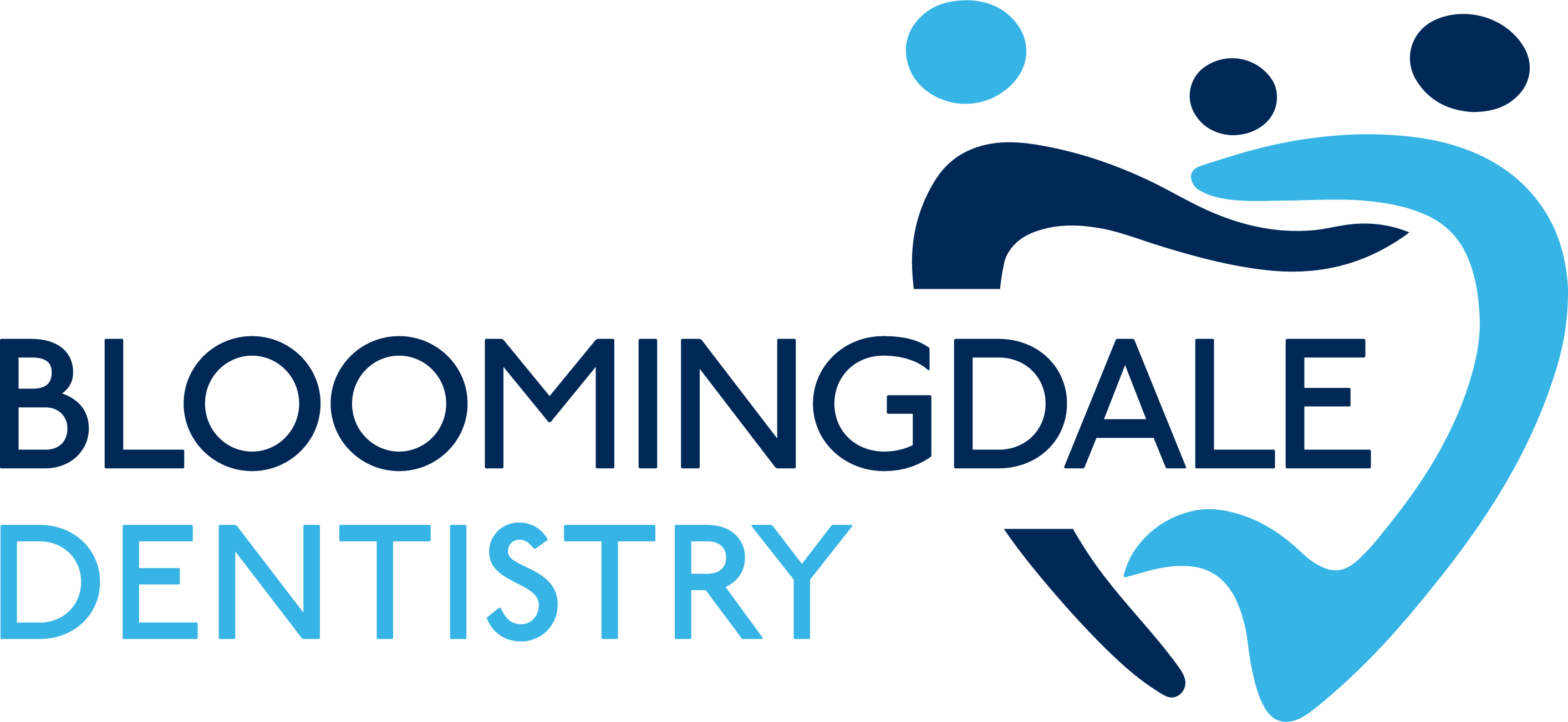
19 Aug How Your Mouth Changes Your Public Speaking
Alright, let’s dive into the fascinating world of public speaking and focus on one of our most important tools: the mouth. This often-overlooked aspect plays a crucial role in how we communicate with our audience. So, let’s explore five key points about the mouth in public speaking that can help you become a more effective and engaging speaker.
The Power of Articulation
Ever noticed how some speakers just sound crisp and clear? That’s articulation at work. It’s not about having a fancy accent or using big words. It’s about making each sound distinct and clear. Think of it like painting with words. You want each brushstroke to be precise and intentional. Start by paying attention to how you form sounds. Are you rushing through words? Slurring syllables together? Take a moment to slow down and enunciate. Practice tongue twisters to limber up your mouth muscles. “She sells seashells by the seashore” isn’t just a fun phrase. It’s a workout for your lips and tongue!
Remember, your audience is working hard to understand you. Don’t make them struggle. Clear articulation helps your message land with impact. It shows respect for your listeners and your content. Plus, it boosts your confidence. When you know you’re speaking clearly, you can focus on your message. So, next time you’re preparing a speech, give some love to your articulation. Your audience will thank you for it. And you might just find yourself enjoying the feel of well-formed words on your tongue.
Mastering the Art of Pausing
Silence is golden, especially in public speaking. Many novice speakers fear pauses. They rush to fill every moment with words. But seasoned speakers know better. They use pauses like a chef uses seasoning. A well-timed pause can add flavor and impact to your speech. Pauses serve multiple purposes. They give your audience time to digest what you’ve said. They create anticipation for what’s coming next. And they allow you to catch your breath and gather your thoughts. It’s like hitting the refresh button for both you and your listeners.
Try this: Next time you’re speaking, consciously insert pauses. After making a key point, pause. Before transitioning to a new topic, pause. When you want to emphasize something important, pause before and after. You’ll be amazed at how these moments of silence can amplify your message. Remember, your mouth isn’t just for talking. It’s also for not talking. Embrace the power of the pause. Let silence do some of the heavy lifting in your speech. Your words will carry more weight when they’re not crowded together.
The Impact of Vocal Variety
Monotony is the enemy of engagement. If you speak in a flat, unchanging tone, you’ll lose your audience faster than you can say “boring”. That’s where vocal variety comes in. It’s like adding spice to your verbal stew. Play with your pitch. Try going higher for excitement or lower for seriousness. Experiment with volume. A whisper can draw people in, while a controlled shout can wake them up. Vary your speed. Slow down for emphasis, speed up for energy.
Think of your voice as an instrument. You wouldn’t play a song using just one note, would you? So why speak that way? Use the full range of your vocal abilities. It keeps your audience on their toes and makes your content more memorable. But remember, variety for its own sake isn’t the goal. Your vocal changes should match your content. Don’t suddenly shout about a calm topic. Let your voice naturally reflect the emotions and importance of what you’re saying. Your audience will appreciate the authenticity.
Smile: Your Secret Weapon
Here’s a simple yet powerful tip: smile more. It might seem counterintuitive, especially if you’re discussing a serious topic. But a smile can work wonders for your speech. It’s not about grinning like a Cheshire cat throughout your presentation. It’s about using smiles strategically. Smiling affects your voice. It lifts your soft palate and brightens your tone. This makes you sound more approachable and engaging. Even if your audience can’t see you, they can hear the smile in your voice.
A smile also helps you relax. It releases tension in your face and throat. This can make your voice sound more natural and confident. Plus, smiling triggers positive feelings in your brain. It’s like a little pep talk for your nervous system. Of course, context matters. Don’t smile when discussing tragic events. But for most topics, a touch of warmth in your expression can go a long way. It helps you connect with your audience on a human level. It makes you seem more likable and trustworthy.
So, before your next speech, practice smiling while you speak. Find moments where a smile feels natural. Your audience will likely respond in kind, creating a positive feedback loop. Remember, a warm smile can be just as powerful as your words.
Hydration
Let’s talk about something often overlooked in public speaking: hydration. Your mouth needs moisture to function well. A dry mouth can turn a great speech into a struggle. So, let’s dive into why keeping hydrated is crucial for speakers. First, water helps lubricate your vocal cords. This reduces strain and helps prevent that dreaded croaky voice. It also helps maintain the quality of your voice throughout your speech. No more sudden voice cracks or uncomfortable throat clearing.
Hydration also helps with articulation. A dry mouth can make it harder to form sounds clearly. Your tongue and lips need moisture to move smoothly. Sipping water regularly can keep your mouth in top speaking condition. But it’s not just about drinking during your speech. Start hydrating well before you take the stage. Avoid caffeine and alcohol, as they can be dehydrating. Stick to room temperature water. Ice-cold drinks can shock your vocal cords.
Keep a glass or bottle of water nearby during your speech. Don’t be afraid to take a sip when needed. It’s not unprofessional; it’s smart. Your audience would rather hear a clear, well-delivered speech than watch you struggle with a dry mouth. Remember, your mouth is your primary tool in public speaking. Treat it well, and it will serve you faithfully. So raise a glass (of water) to good hydration. Your voice, and your audience, will thank you.
Conclusion
In conclusion, mastering the use of your mouth in public speaking involves more than just forming words. It’s about articulation, strategic pauses, vocal variety, smiling, and staying hydrated. By focusing on these aspects, you can significantly enhance your speaking skills.
Bloomingdale Dentistry is your home to mastering the health of your mouth. Our services provide you with the excellent dental care you deserve. Schedule an appointment today!

About Our Team
Our team at Bloomingdale Dentistry has over 40 years of experience in the field of dentistry. We have a reputation of excellence in patient treatment and care.
To learn more about our team, visit our team page.
